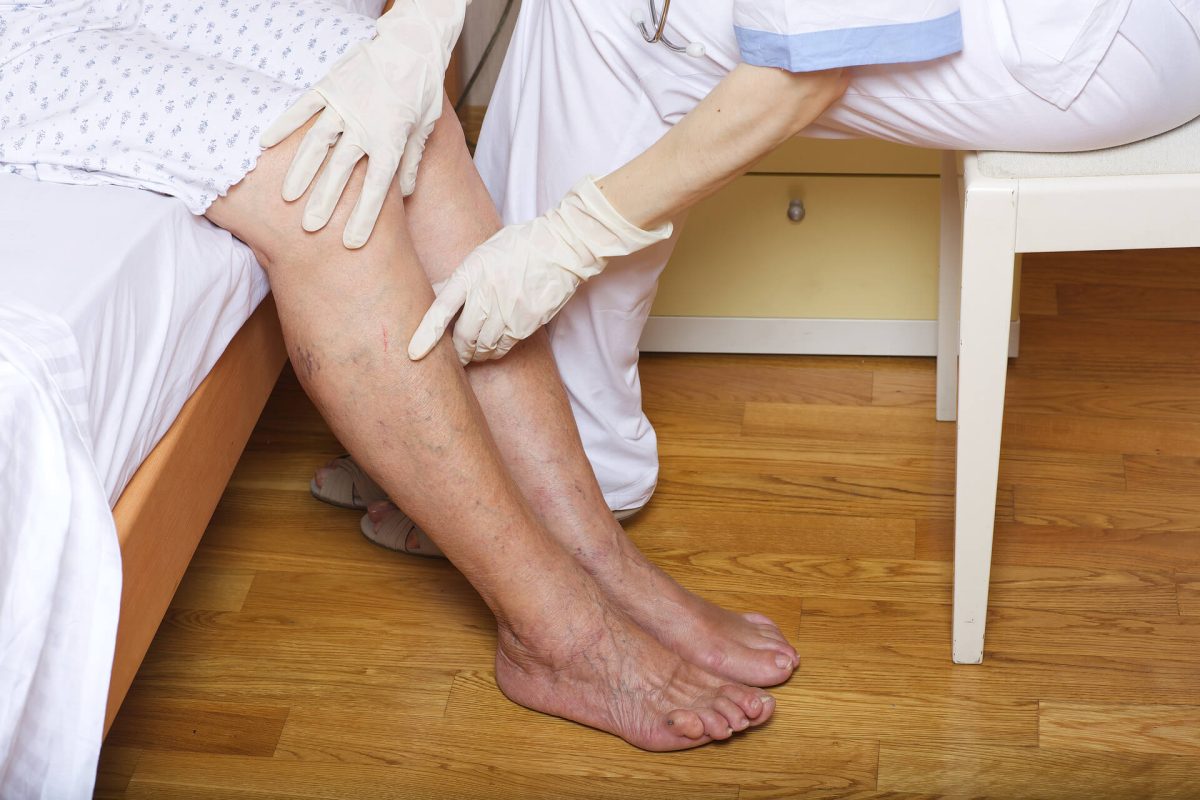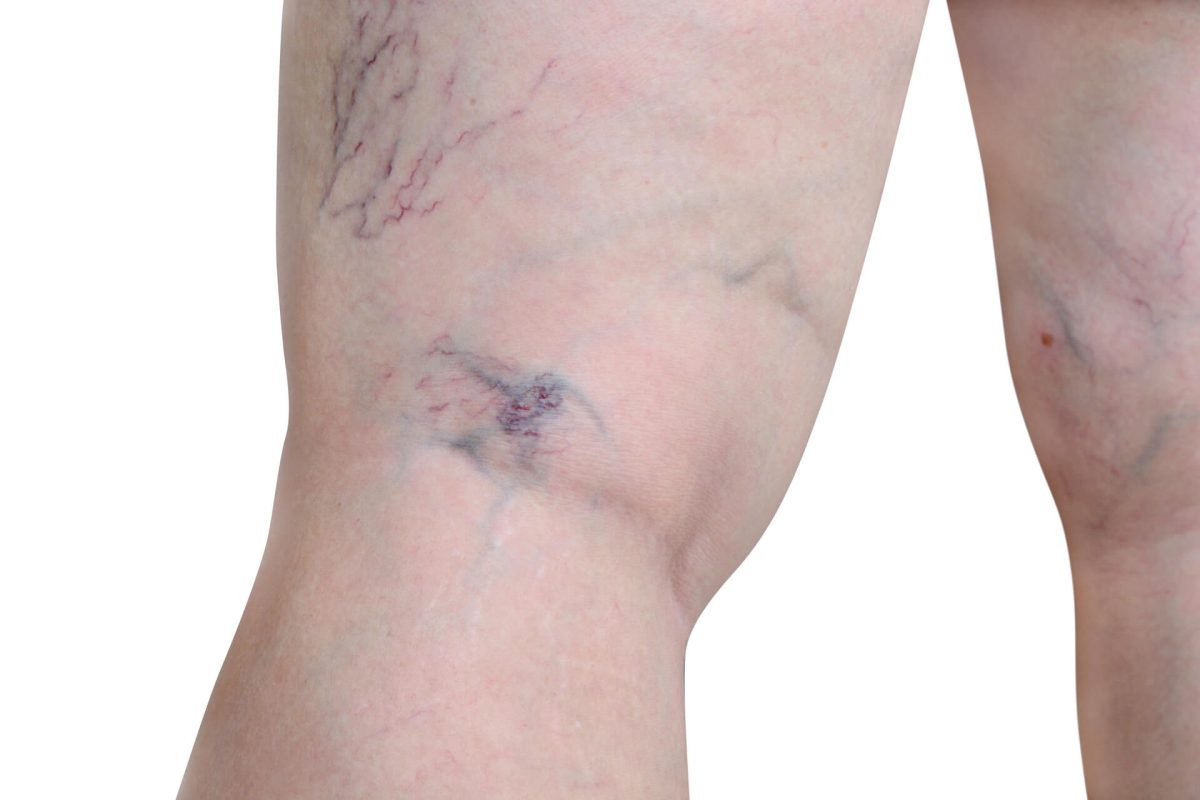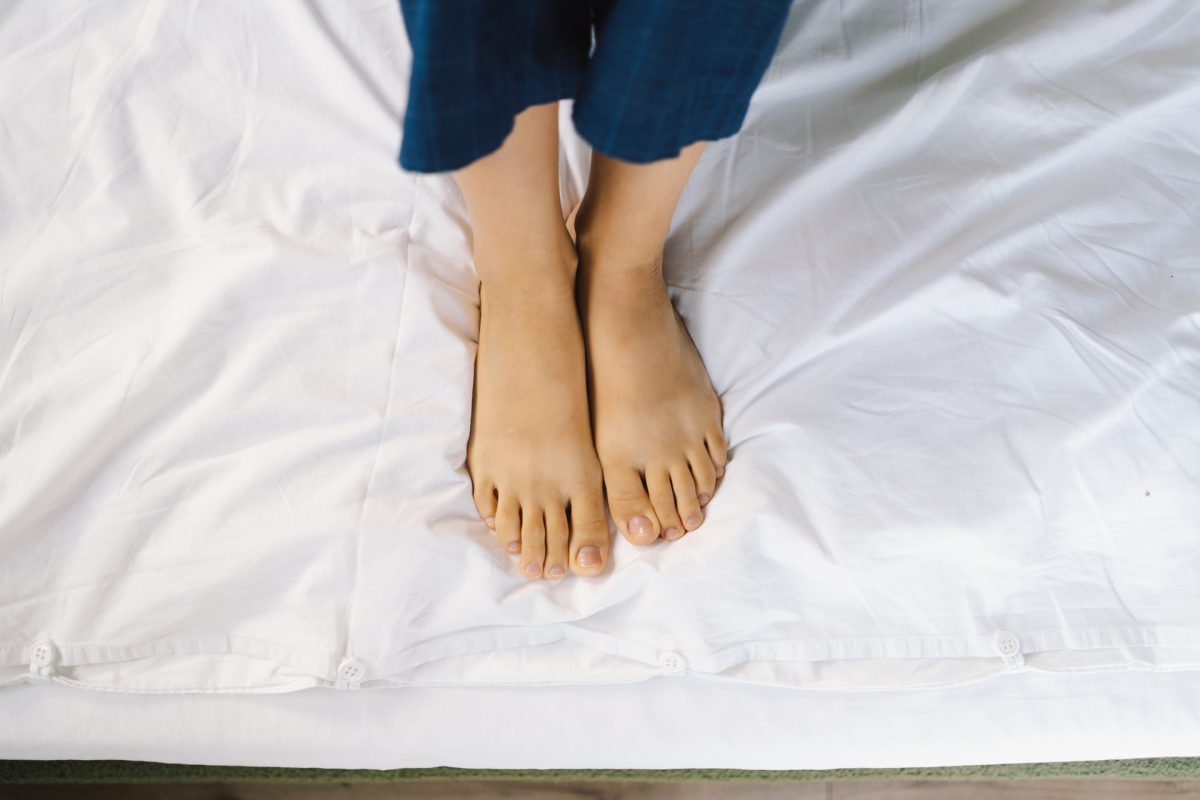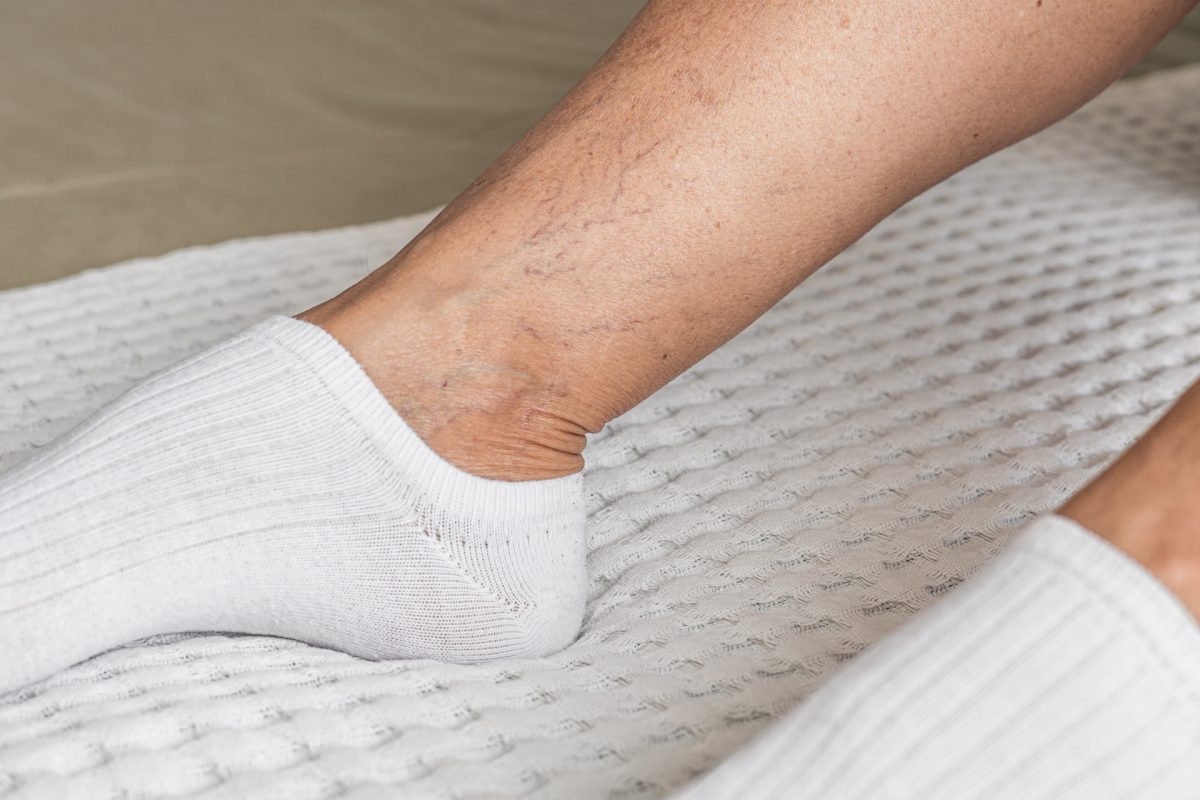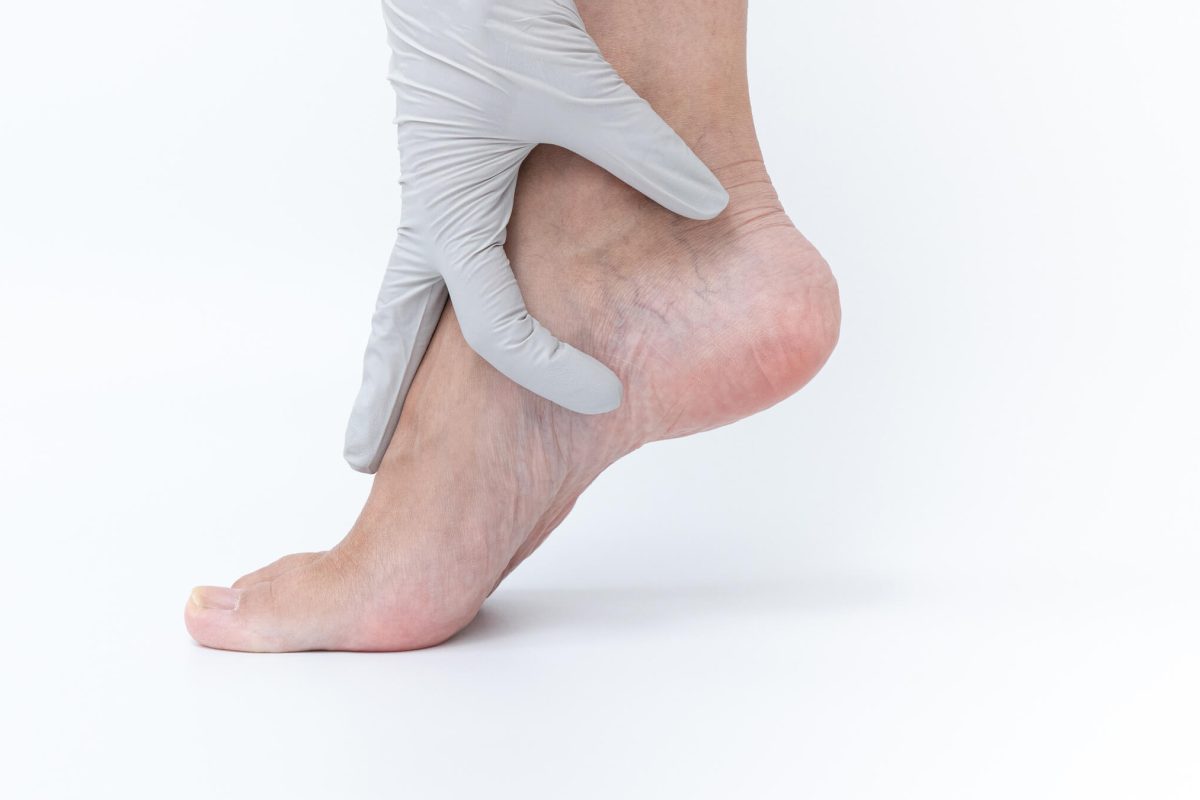Untreated Varicose Veins: Possible Complications
Varicose veins are often brushed off as a cosmetic issue something that looks unpleasant but doesn’t really need medical attention. Because of this, many people live with them for years, ignoring symptoms like heaviness or swelling.
However, untreated varicose veins can lead to several medical complications over time. Patients visiting Surekha Varicose Veins for varicose veins treatment in Mumbai often wish they had sought help earlier before complications set in.
Let’s understand what can happen when varicose veins are left untreated.
Why Varicose Veins Worsen Over Time
Varicose veins develop when the valves inside leg veins (small flaps that help blood flow upward toward the heart) stop working properly. This causes blood to flow backward and pool in the veins, increasing pressure.
Without treatment or monitoring, this pressure:
- Continues to damage veins
- Affects surrounding skin and tissues
- Leads to progressive vein disease (a condition that gradually worsens over time if untreated).
Varicose veins rarely improve on their own.
Common Complications of Untreated Varicose Veins
1. Chronic Leg Pain and Heaviness
One of the earliest complications is ongoing discomfort. Over time, you may experience:
- Aching or throbbing pain
- Heavy, tired legs by the end of the day
- Night cramps or restlessness
These symptoms can interfere with work, sleep, and daily activities.
2. Persistent Swelling of Legs and Ankles
Poor circulation allows fluid to leak into surrounding tissues, causing:
- Swollen ankles and feet
- Tightness in the lower legs
Swelling that doesn’t improve with rest is often a sign of advancing vein disease.
3. Skin Changes and Discoloration
Long-standing varicose veins can damage the skin, leading to:
- Dark brown or purplish discoloration around the ankles
- Dry, itchy, or flaky skin
- Thickened or hardened skin
These changes are often mistaken for skin conditions but are actually vein-related.
4. Venous Eczema
Venous eczema (a skin condition caused by poor blood flow in the veins) causes redness, itching, scaling, and irritation around affected veins. Scratching can break the skin, increasing the risk of infection if left untreated.
5. Blood Clots (Superficial Thrombophlebitis)
Untreated varicose veins can lead to inflammation and clot formation in superficial veins, causing:
- Painful, hard, cord-like veins
- Redness and warmth over the skin
While usually less dangerous than deep vein clots, this still needs medical attention.
6. Bleeding From Varicose Veins
Varicose veins lie close to the skin surface. Even a small cut or bump can cause significant bleeding, sometimes requiring urgent care.
7. Venous Leg Ulcers
One of the most serious complications is the development of venous ulcers, usually near the ankle. These ulcers:
- Heal very slowly
- Are prone to infection
- Tend to recur
Ulcers indicate advanced vein disease and require specialised treatment.
Who Is at Higher Risk of Complications?
You should consult a doctor if you notice:
- Increasing leg pain or swelling
- Skin color changes near the ankles
- Itching, rashes, or open sores
- Bleeding from veins
These signs suggest that varicose veins are no longer just a cosmetic concern.
Varicose Veins Care at Surekha Varicose Veins
At Surekha Varicose Veins, Dr. Ashish Dhadas focuses on:
- Accurate diagnosis with Doppler vein mapping (a painless ultrasound scan that shows blood flow in the veins)
- Modern, minimally invasive treatments
- Preventing long-term complications
- Patient education and follow-up care
Patients seeking varicose veins treatment in Mumbai benefit from a personalised, long-term approach rather than temporary fixes.
Final Thoughts
Untreated varicose veins can lead to serious complications but most are preventable.
With early diagnosis, proper treatment, and lifestyle guidance, vein disease can be controlled before it affects quality of life. If you’ve been living with varicose veins and noticing worsening symptoms, consulting an experienced specialist can make all the difference.

